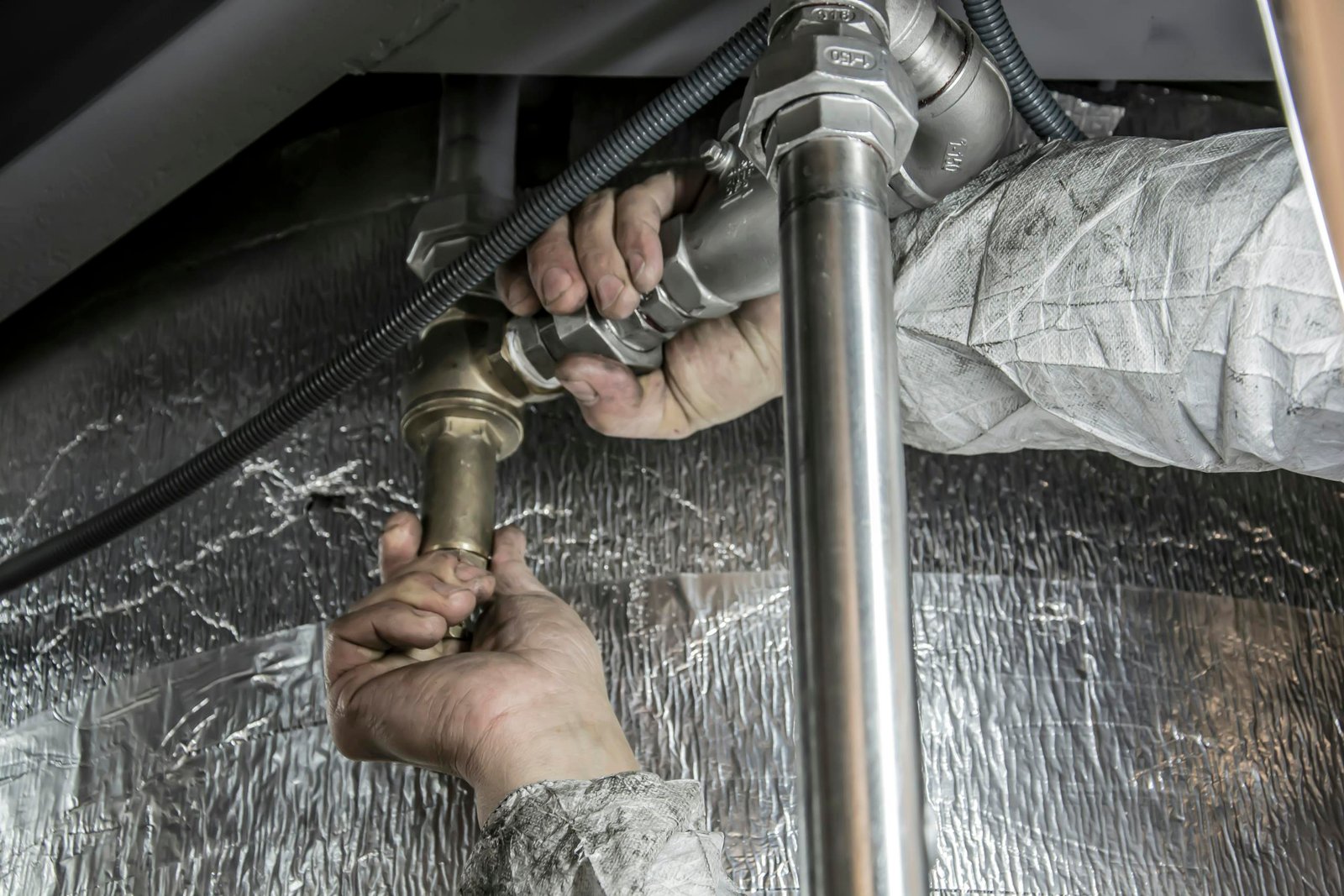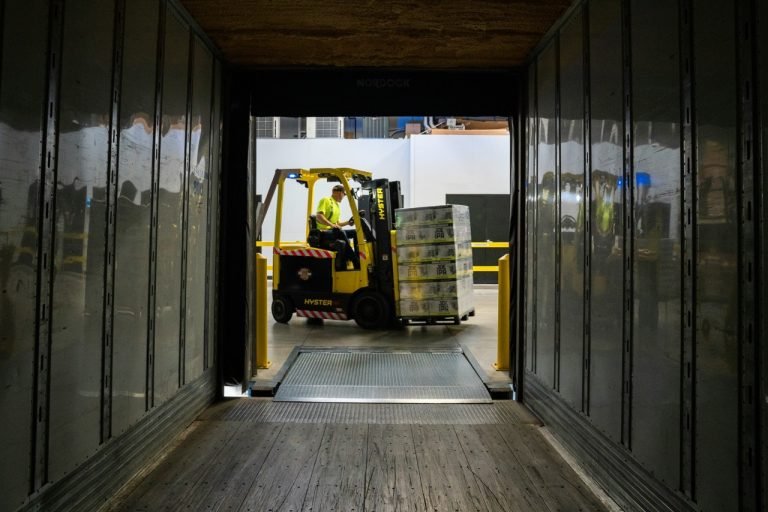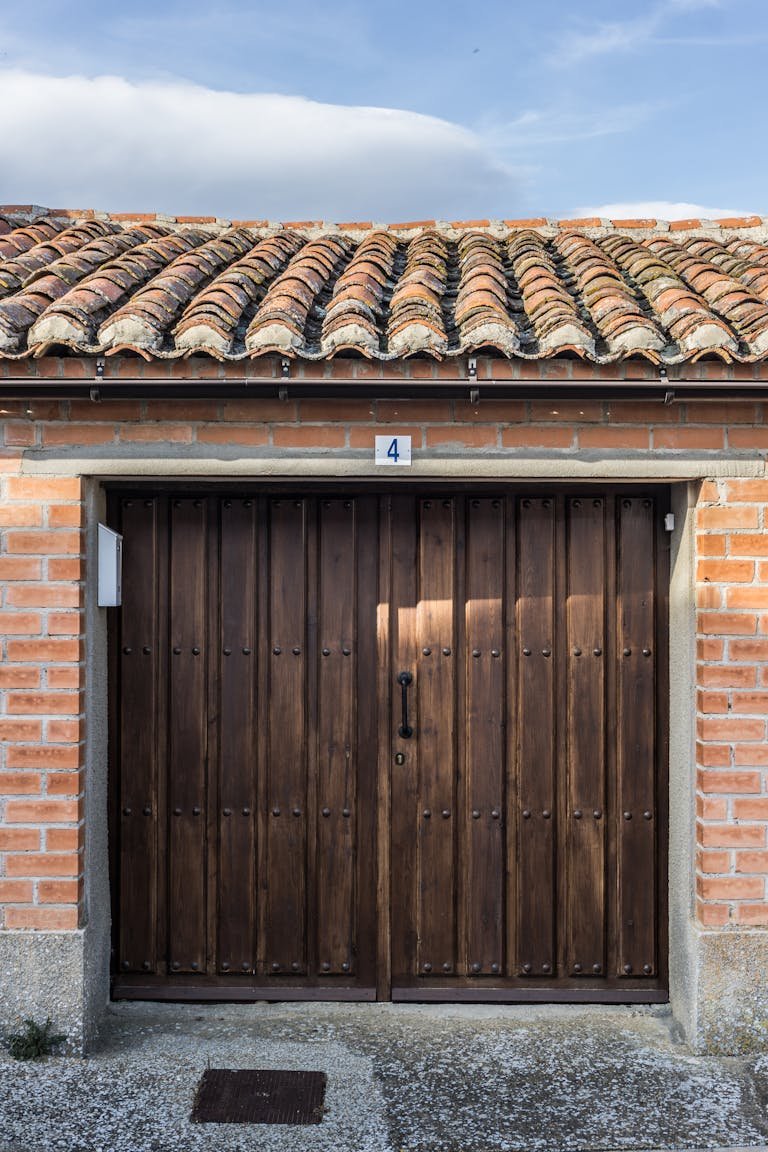Water heaters are essential to daily living, providing hot water for showers, laundry, and dishwashing. However, like any appliance, they can experience issues that require professional attention. When your water heater stops working, starts leaking, or fails to heat water efficiently, it may be time to call a plumber. Understanding the signs that indicate a water heater problem in Kuna and knowing when to seek help can save you from more significant issues. We will explore what to do when your water heater requires a plumber’s intervention, from identifying common problems to seeking timely repairs.
Identifying Common Water Heater Problems
One of the first steps in determining whether your water heater needs professional help is recognizing the signs of a problem. Several issues can arise with water heaters, and while some may be easy to fix, others require the skills and knowledge of a plumber. For instance, one of the most common problems is more hot water. If your water isn’t heating as it should, or if the temperature fluctuates unexpectedly, this may indicate a malfunctioning heating element or a problem with the thermostat.
Other issues, such as leaks around the unit’s base, are more immediate causes for concern. Leaks can be a sign of corrosion inside the tank or faulty connections that must be addressed to prevent water damage. Additionally, unusual noises like banging, popping, or rumbling could indicate a buildup of sediment inside the tank, which reduces the heater’s efficiency and increases the risk of damage. Recognizing these issues early on is key to preventing more costly repairs and ensuring that your water heater continues to function properly.
When these signs of trouble arise, it’s essential to know when a DIY fix may suffice and when to call a plumber. Simple issues like adjusting the thermostat might not require professional help, but a plumber should handle more complex problems like leaks or sediment buildup to avoid further damage.
- Understanding the Importance of Regular Maintenance
In many cases, water heater problems can be avoided with regular maintenance. A plumber can help by performing routine inspections, flushing the tank to remove sediment buildup, and checking the unit for wear and tear. Regular maintenance ensures that your water heater operates efficiently and extends its lifespan, saving you money in the long run. Additionally, a well-maintained water heater will likely break down slowly, reducing the chances of needing emergency repairs.
Water heaters should be inspected by a plumber at least once a year to identify potential issues before they become significant problems. During these inspections, a plumber will check the pressure relief valve, a critical safety feature that prevents the tank from overpressurizing. They will also look for any signs of rust, leaks, or corrosion that could compromise the unit’s integrity.
For many homeowners, the idea of maintaining their water heater may seem unnecessary or easily overlooked. However, skipping regular upkeep can lead to decreased efficiency, higher energy bills, and premature failure of the unit. By working with a plumber for regular maintenance, you can ensure your water heater is in good condition and avoid costly repairs down the road.
- When to Call a Plumber for Water Heater Repairs
Sometimes, calling a plumber is necessary, and delaying repairs can lead to further damage or even safety hazards. If your water heater is leaking, this is a clear indication that you need professional assistance. Leaks around the unit’s base can lead to water damage in your home, and if the tank itself is compromised, it may be time for a replacement. Also, a leaking water heater can pose a safety risk near electrical systems or appliances.
Another sign that it’s time to call a plumber is if the water heater is not producing hot water or if the water is discolored. Rusty or cloudy water could indicate that the interior of the tank is corroding, which can lead to leaks and reduced water quality. A plumber can diagnose the issue and recommend whether it’s a simple fix, such as replacing the anode rod, or if a new unit is necessary.
If your water heater is making strange noises, such as banging or popping, it could be due to sediment buildup in the tank. Sediment buildup reduces the water heater’s efficiency, increases energy consumption, and can eventually lead to damage. A plumber can flush the tank to remove the sediment and restore the unit to proper working order. Ignoring these noises can result in higher utility bills and a shortened lifespan for your water heater.
- Deciding Between Repair and Replacement
One of the most challenging decisions for homeowners is whether to repair or replace their water heater. If your unit is more than 10-15 years old and is experiencing frequent issues, it may be more cost-effective to replace it rather than continually paying for repairs. A plumber can help you weigh the pros and cons of repair versus replacement, considering factors like the age of the unit, the cost of repairs, and the water heater’s overall efficiency.
Modern water heaters are more energy-efficient than older models, so replacing an outdated unit can save you money on your energy bills. New water heaters often come with better warranties and advanced features like energy-saving modes and digital controls. A plumber can help you select a replacement unit that meets your household’s needs and ensures proper installation to maximize efficiency and longevity.
Repairs may be the more practical option if your water heater is relatively new and the issues are minor. A plumber can perform repairs to extend the unit’s life, saving you from the expense of a full replacement. By working with a professional, you can be confident that the repairs are done correctly and that your water heater will continue to provide reliable service.
When your water heater is experiencing problems, knowing when to call a plumber can save you time, money, and stress. From identifying common issues like leaks or temperature fluctuations to performing regular maintenance, plumbers are crucial in keeping your water heater in top condition. Timely repairs and professional guidance can prevent further damage, improve energy efficiency, and extend the life of your unit. Whether a simple fix or a full replacement, working with a plumber ensures that your home’s hot water supply remains reliable and safe for years.







